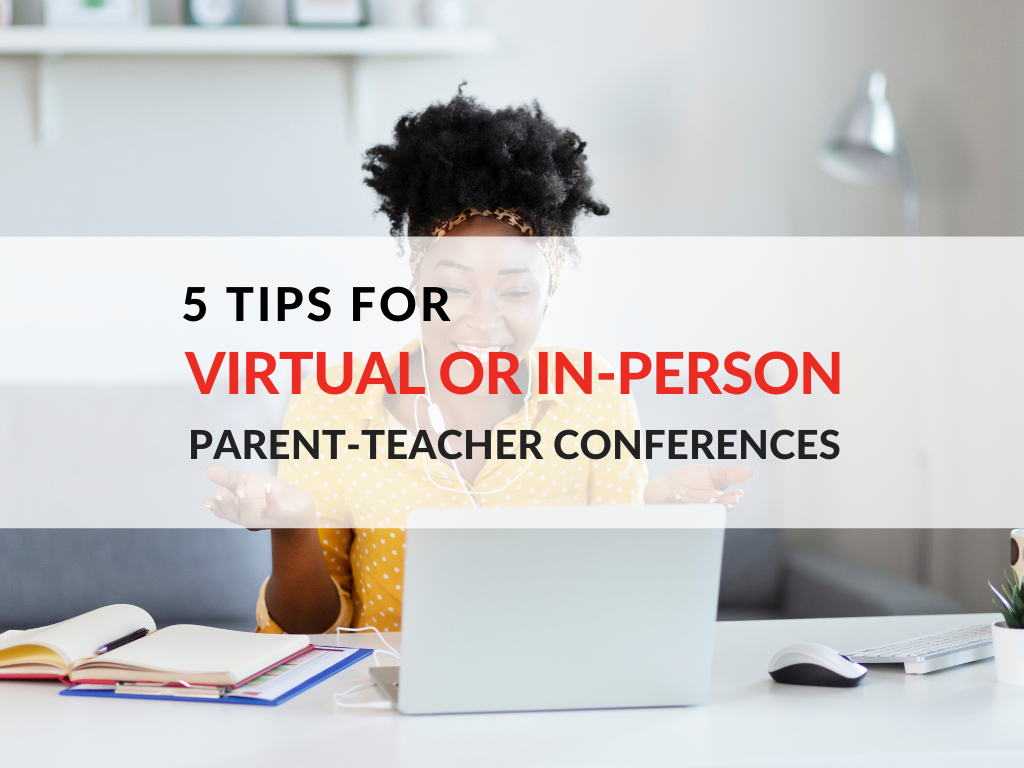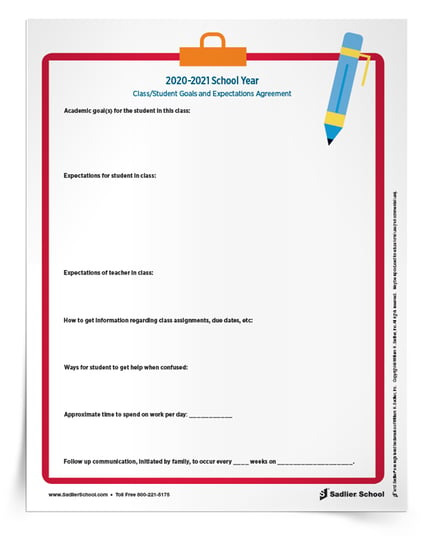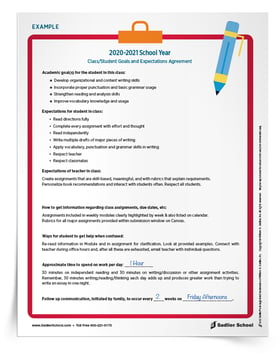1.800.221.5175
Mathematics
Sadlier PreK with Wiley Blevins
Knowledge-Building Early Childhood Program
Preview
|
Progress Mathematics
Grades K–8
Reading & Writing
From Phonics to Reading
Grades K–3
Building Reading Success with Wiley Blevins
Grades K–5
Vocabulary
Vocabulary Workshop, Tools for Comprehension
Grades 1–5
Vocabulary Workshop Achieve
Grades 6–12+
|






 It is important to go into a parent-teacher conference with the overall goals of the class, as well as the expectations of the student and teacher, already written down for discussion. Too often, students and families have a nebulous understanding of the academic goals of a class and how the requirements of the course are structured to ensure learning. Creating a contract/agreement allows all parties to be on the same page and provides reasoning for the work which contributes significantly to buy-in from the student and ultimately more significant learning. Additionally, it allows for a clean slate if students are falling behind and helps families feel like everyone can begin anew.
It is important to go into a parent-teacher conference with the overall goals of the class, as well as the expectations of the student and teacher, already written down for discussion. Too often, students and families have a nebulous understanding of the academic goals of a class and how the requirements of the course are structured to ensure learning. Creating a contract/agreement allows all parties to be on the same page and provides reasoning for the work which contributes significantly to buy-in from the student and ultimately more significant learning. Additionally, it allows for a clean slate if students are falling behind and helps families feel like everyone can begin anew.

